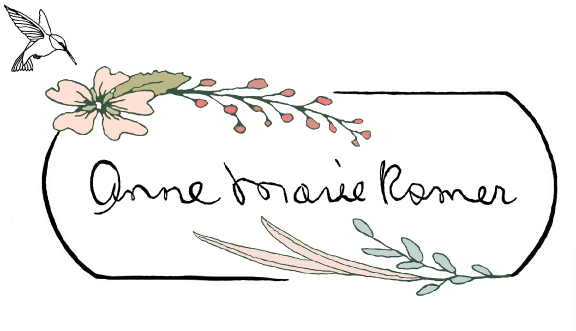The Hospital Village
During a recent visit to the hospital, I sat quietly on the small couch in the hospital room hoping my dear friend who was recently admitted would have an opportunity to rest after a sleepless night. One must admit a hospital is no place to catch up on sleep.
There was a gentle knock on the door and a middle aged woman with a hospital badge popped her head in and said, “I’m just the housekeeper, do you mind if I clean the room?” She then went on to gently and quietly span the room with her presumably disinfectant-soaked cleaning rags. Eventually, the wave-like motion of her mop left the floors shimmering with a fresh wash. The tidied room made me feel good, and I wasn’t even the one in the hospital bed. My mind lingered with how she introduced herself. Witnessing her care in cleaning, there was nothing “just” about her. It also triggered a memory from years ago when my nephew suffered a severe traumatic brain injury and spent weeks in an intensive care unit in Chicago.
I remembered the many days I sat beside my sister as she willed her son towards healing. The initial days of Conor’s recovery were consumed by volatile vital signs, unstable labs and increasing worries regarding his overall condition. I recall the housekeeper who came into my nephew’s room with her cleaning supplies. She floated about with her mop and disinfectants all the while humming sweet melodies almost under her breath. Her presence cut through the stress of beeping monitors and clicking sounds of the multitude of medication pumps. My sister’s shoulders relaxed by this housekeeper’s presence. Most often, there were no words spoken except for a “thank you” by my sister and “see you tomorrow” by the housekeeper. Yet, there was something about the peaceful energy she brought into the room.
I then began to think about the many different hospital staffers that interact with patients. Hospitals can be high worry zones, yet ancillary staff from varied disciplines can provide reprieve to those heavily burdened with pain or stress.
I think about the lab technicians who, while applying a tourniquet in order to puncture a vein for blood collection, talk randomly about this or that to distract that person afraid of needles. Before you know it, the blood is in the in the tube and band aid applied. And what about the patient transporters who offer a bridge of calmness while wheeling an apprehensive person to diagnostic testing?
Surgical techs who set up operating rooms in anticipation for surgery are invaluable. Most patients have no idea about the preparation and set up it takes to do a procedure. I mean, everyone appreciates the doctor, but most times that doctor simply walks into the operating room gloved up and ready to go. I love surgeons, but I also appreciate those who help the surgeon do his or her job well. The whole process is for the benefit of the patient’s safety and hopeful successful outcome. It really does take a village.
Perhaps my favorite hospital caregiver is the one who brings the warm blankets. I don’t know why hospital thermostats are set at minus 2 degrees (just kidding, but sometimes it feels that way), but a warm blanket just makes the nervous jitters go away.
As I left my visit, I had renewed gratitude for all who might think they are simply “just” an insignificant employee. In reality, that “just” can make the difference in those anxious moments that deeply need of comfort. That kind of “just” can be truly extraordinary.
